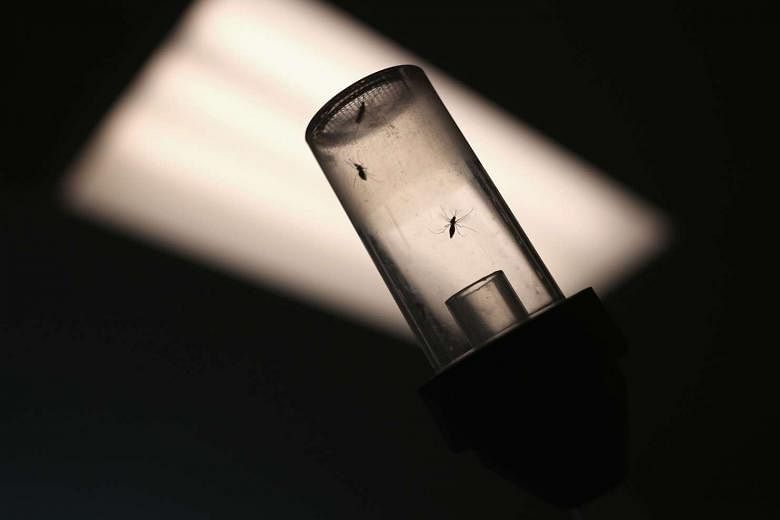GENEVA (Reuters) - The World Health Organisation's Emergency Committee on Zika will meet in the coming weeks to evaluate the risks tied to holding the Olympic Games in Rio de Janeiro in August, a WHO spokeswoman said on Friday (June 3).
"The Emergency Committee meeting will consider the situation in Brazil, including the question of the Olympics," WHO spokeswoman Nyka Alexander told Reuters in response to a query.
WHO makes risk assessments of a public health issue and it would be up to the International Olympics Committee (IOC) to decide on holding the event, due to start on Aug 5, she said.
"It is not within our mandate" to make decisions on holding the Olympic Games, Alexander said.
Dr David Heymann, chairman of the WHO committee of independent experts, told Reuters on Monday that postponing the Rio Olympics because of fears it could speed the spread of the Zika virus would give a "false" sense of security because travellers are constantly going in and out of Brazil.
It will be winter in Brazil when the Olympics begin, so the mosquitoes that carry the virus will be less abundant.
A public letter was issued last week signed by 150 public health experts and scientists calling for the Olympics to be delayed or moved over fears that the Games could speed up the spread of Zika virus around the world.
Alexander said the date for the next meeting of the WHO Emergency Committee on Zika was still being decided, but that it would be held this month.
Dr Heymann told Reuters on Monday that it was tentatively set for June 21. The panel of independent experts meets every three months and its last meeting was on March 8.
Heymann also said national health authorities should advise their respective athletes and citizens of child-bearing age to protect themselves against mosquito bites with repellents while in Brazil and to practice safe sex on return for at least three weeks.
This is a precaution to prevent women from contracting the mosquito-borne virus, which can cause microcephaly and other serious abnormalities in babies.
The connection first came to light last year in Brazil, which has confirmed more than 1,400 cases of microcephaly.

